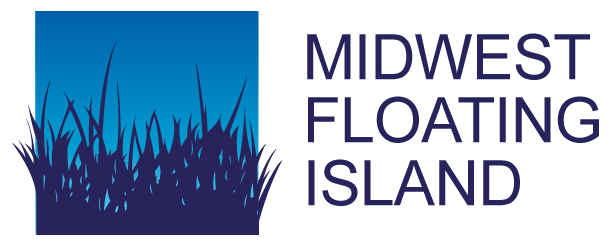Research Papers
Here you will read research reports and peer-reviewed papers demonstrating and quantifying the efficacy of BioHaven® floating islands in their primary function of remediating impaired water through biological and mechanical means.
Performance Evaluation of a Floating Treatment Wetland in an Urban Catchment
This paper presents the results of a twelve-month investigation into the pollution removal performance of a FTW receiving storm water runoff in an urban catchment.
Seacam Swansea University Report: Floating Treatment Wetlands(FTWs) in Water Treatment: Treatment efficiency and potential benefits of activated carbon by Dodkins and Mendzil
The core of this review assesses process, performance and design of FTWs and includes a section on the potential for incorporating activated carbon into FTWs.
Final Report: Evaluation of Floating Wetland Islands (FWIs) as a Retrofit to Existing Stormwater Detention Basins A 319(h) project sponsored by NCDENR – Division of Water Quality NC DENR Contract Number 1653
A 4-year study of BioHaven® Floating Islands in two storm water detention ponds in North Carolina measures the reduction in nine parameters of concern, and finds that the retro fit made good ponds work even better.
2007 Final Report to Montana Board of Research and Commercialization Technology
The purpose of this project was to produce and test biomimetic, self-sustaining floating treatment wetlands (“floating islands”) that are designed to remove excess nutrients and other contaminants from lakes, streams, and wastewater lagoons.
Floating Islands – An Innovative Natural Treatment System for Enhanced Wastewater Treatment Through Lagoons
Pennsylvania is a Commonwealth, where government is through local municipal rule. In a commonwealth the local government in every small town, borough, and village is responsible for all needs of the public: land development, resources protection, sewer, water, streets, etc.
A compilation of BioHaven® floating island nutrient removal data – 2011
This paper presents summary data for floating islands in laboratory, pilot scale and demonstration settings, focusing on contaminants of concern in waste water: ammonia, total Nitrogen, total Phosphorus and BOD.
Final report of the second MBRCT grant – Professor Alfred B. Cunningham, Center for Biofilm Engineering, Montana State University – 2010
Control of Microbial Processes for Enhanced Water Treatment using Floating Island Treatment Systems.
Independent study undertaken by NIWA (National Institute of Water and Atmospheric research of New Zealand)
This is a comprehensive review of all commercial embodiments of floating islands, which rates BioHavens® as the best of all current offerings.
How BioHaven® Testing and Analysis Data Can Support Future Projects
Alden has provided extensive hydraulic testing services to Floating Island International® to support the use of BioHavens® for various purposes including open water beautification and shoreline stabilization applications. This document summarizes the testing that was performed and how that testing can be used in order to support future proposed projects.
Floating treatment wetlands –an innovative solution to enhance removal of fine particulates, copper and zinc
Reduction of metals, particularly copper and zinc, in urban stormwater has been identified as a priority to protect the health of aquatic ecosystems in the Auckland Region (Auckland Regional Council, 2004). Floating treatment wetlands (FTW), employing emergent plants growing on a mat floating on the water surface, rather than rooted in the bottom sediments, provide an innovative option for treating urban stormwaters.
Land Contamination & Reclamation
Floating islands as an alternative to constructed wetlands for treatment of excess nutrients from agricultural and municipal wastes – results of laboratory-scale tests
Floating Treatment Wetlands: an Innovative Option for Stormwater Quality Applications
Floating Treatment Wetlands (FTWs) are an innovative variant of the more traditional constructed wetland and pond technologies that offer great potential for treatment of urban stormwaters. FTWs employ rooted, emergent macrophytes (similar to those used in surface and subsurface flow wetlands) growing on a mat floating on the surface of the water rather than rooted in the sediments
Summary of BioHaven® floating islands’ ability to remove Total Nitrogen from waste water – 2011
Summary of BioHaven® floating islands’ ability to remove Ammonia from waste water – 2012
Summary of BioHaven® floating islands’ ability to remove Total Phosphorus from waste water – 2011
Summary of BioHaven® floating islands’ ability to remove nitrate from waste water – 2011
Shepherd Research Center: Pheasant Study – Creating a world-class pheasant hunt
By altering four variables, land that had formerly been farm ground was converted to terrific habitat for ground-nesting birds, especially pheasant. Read this study, conducted over seven years, to find out why it was so successful.
